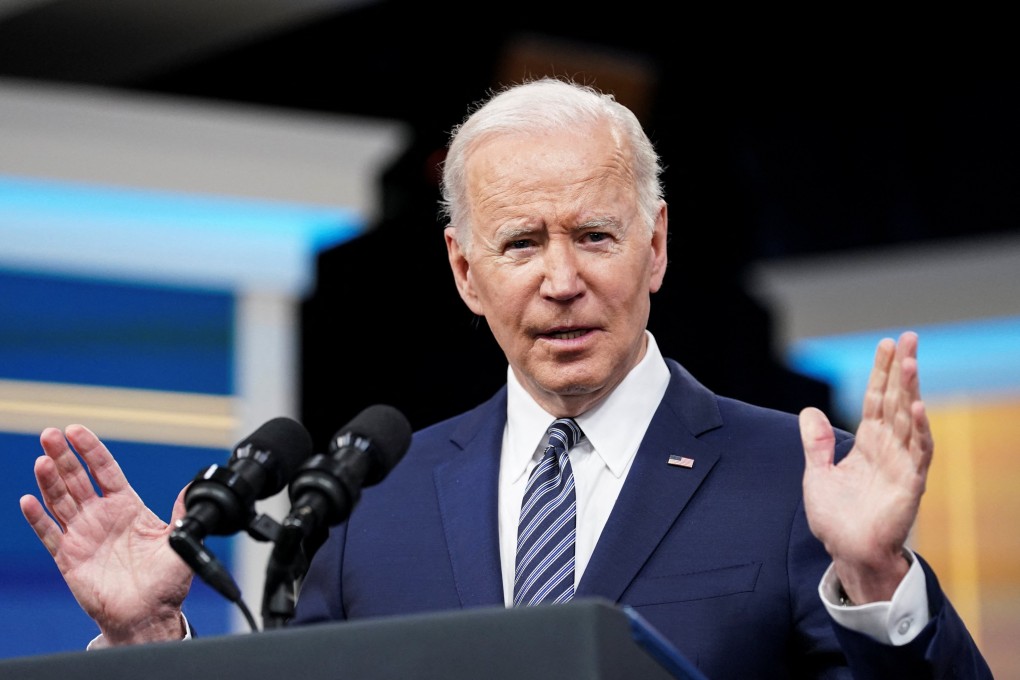Editorial | In tough times, China looks to shore up its ties with neighbours
- There has been a flurry of diplomatic activity as the United States works overtime to isolate its avowed rivals – Moscow and Beijing

China’s diplomacy of recent weeks amid the Ukraine crisis may appear like damage control to counter Western criticism of its neutral stance on Russia’s invasion. But drawing such a conclusion ignores the realities of a world where the most powerful nation, the United States, is using every opportunity to isolate its avowed rivals, Beijing and Moscow.
A flurry of activity, among them an unprecedented phone call by President Xi Jinping to an incoming leader, unannounced visits by State Councillor and Foreign Minister Wang Yi in South Asia, hosting talks on Afghanistan, and wide-ranging trips by special envoys in the Middle East and Horn of Africa, show a carefully considered strategy. Under a “neighbourhood-first” approach, China aims to allay the threat of global turbulence and uncertainty by improving relations and ensuring stability.
Washington has not let up on economic and military pressure on China despite the war in Ukraine. US President Joe Biden is trying to bolster security alliances, pressuring nations to choose allegiances through condemning Russia’s invasion and imposing sanctions. Beijing has good relations with Russia and Ukraine, both part of its Belt and Road infrastructure and development initiative, and a long-established policy of non-interference in the domestic affairs of other countries. That neutrality has given the American leader reason to criticise China and like-minded governments and through restoring frayed ties with the North Atlantic Treaty Organization and European countries in the name of security, further aims to isolate and divide.
The threat to energy supplies sparked by the invasion and impact of the sanctions have global implications. In such troubling times, it is natural that Beijing should look to its neighbourhood and seek to protect its interests. Xi broke with protocol and reached out to South Korean president-elect Yoon Suk-yeol before he takes office to discuss relations and concerns. Wang, the special guest of a recent gathering of foreign ministers of the 57-member Organization of Islamic Cooperation in Islamabad, also made trips to Afghanistan, India and Nepal.
Beijing is worried about instability in Afghanistan, while the US has been making financial overtures to Nepal to win its support. Washington and its allies have been pressuring India to impose sanctions on Russia. Wang’s one-day visit was the first by a senior Chinese official since a deadly border clash in the disputed Ladakh region two years ago. Beijing has also been shoring up relations and working for peace in Central Asia, the Middle East and Africa.
Beijing’s pivot is equally beneficial for China and its neighbours.
